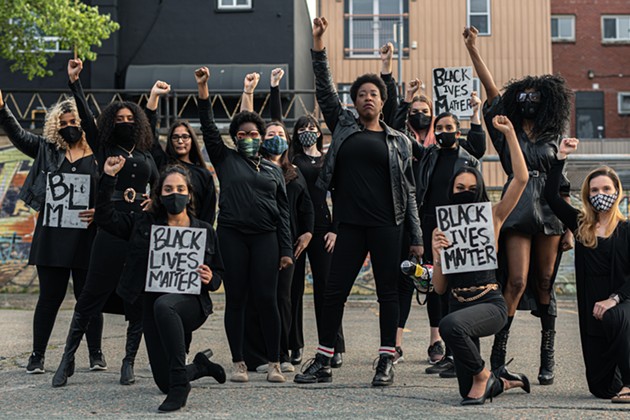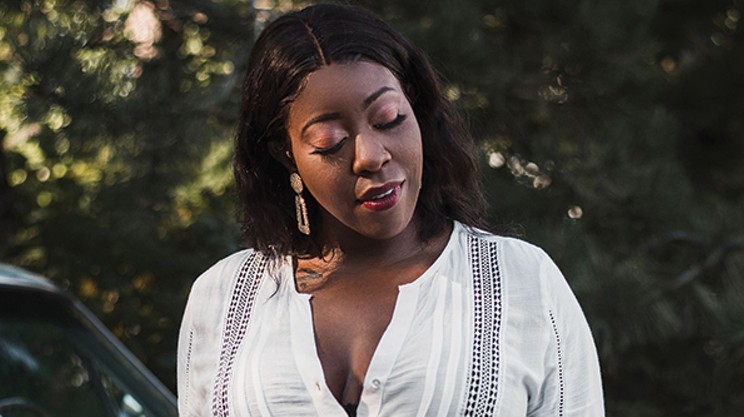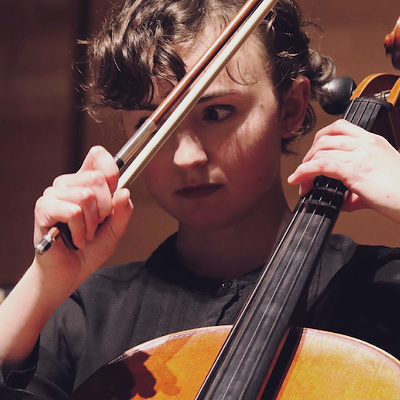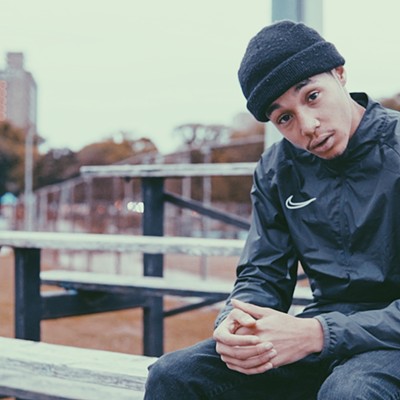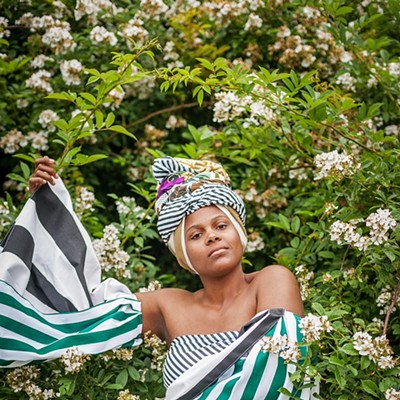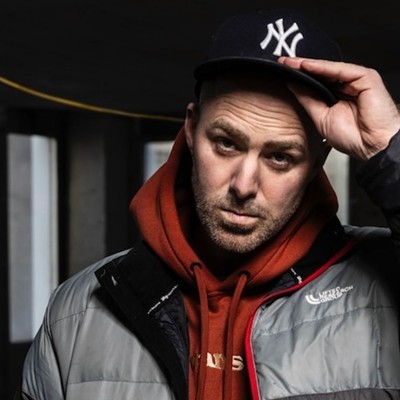Jah’Mila—arguably the biggest name in Halifax reggae—lists the names of Black people who have been killed by police. She says that keeping their names alive will help keep their stories alive: “To imagine all the victims, they all have families. And far too many times, the story gets forgotten," she says. "We sweep it under the rug. Once it comes off mainstream media and the news, people tend to forget about it or put it at the back of their minds. So, chanting their names is a way to remember their faces and remember their stories.”
Some may think that reggae is an unlikely genre to produce an activist anthem, but it has a deep history as the sound of protest—a wellspring which Jah’Mila draws from: “Reggae has been the voice of the oppressed since its genesis," she explains, out of "a need for us to express ourselves under a lot of discrimination, abuse, bigotry: That was our way to not only communicate secret plans for revolutions, but also it was a way for us to liberate ourselves, to raise our voices and comfort each other.”
(For those not familiar with Jah'Mila, this track provides the perfect introduction, weaving her powerful voice with the smooth-with-a-kick soundscape built by the producer NULO. Fans of Jah 9, Lila Ike, Sampa the Great, Jazmine Sullivan and Judy Mowatt will find a new favourite in Jah’Mila.)
The video for "Chant Their Names" was mostly shot at Citadel Hill on June 8–while social distancing–with production help from Halifax's Soli Productions. The video is perfect accompaniment for such a powerful piece of music—particularly the scene where Jah’Mila and some models are on the steps of the Halifax police station.
She says that her interactions with officers and the police chief gives her hope for the province going forward: “The police chief called out and came up there and assured us that they’re trying to make a difference. I’m getting goosebumps just thinking about it,” she says. “To hear that coming out of his mouth gives me a lot of hope and reassurance.”
Jah’Mila says that when she first listened back to the song, a quote from Haile Selassie (a prominent, deity-like figurehead in Rastafarianism) immediately came to her: “Throughout history, it has been the inaction of those who could have acted; the indifference of those who should have known better ;the silence of the voice of justice when it mattered the most that has made it possible for evil to triumph.”

